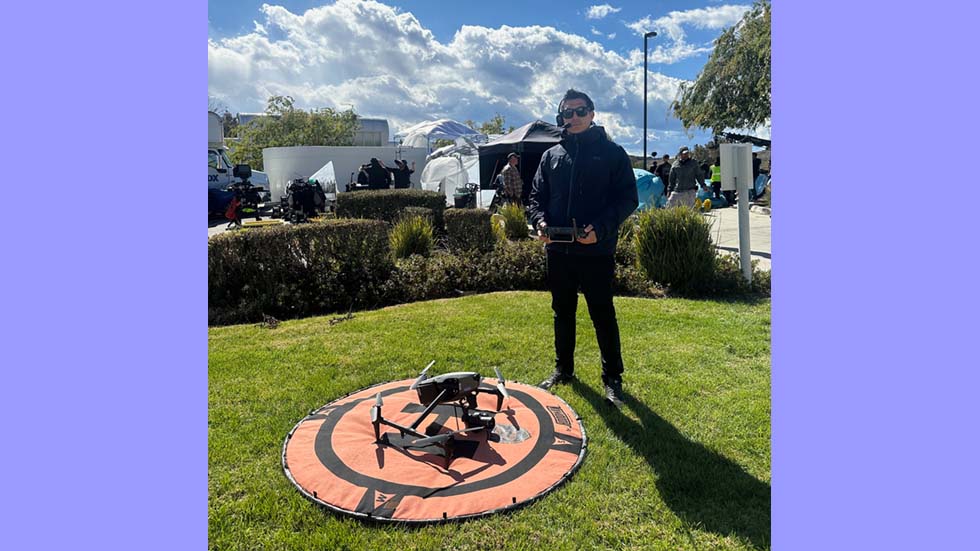FCC imposes new rules
The FCC has announced a major overhaul of the quarterly issues and programs list requirement for TV station licensees.
New form requirements
Instead of the quarterly report that stations had to compile and place in their public inspection files for the last couple of decades, the commission now wants stations to complete and submit a quarterly form listing various types of programming. The types of programming include local public affairs, local election coverage, public service announcements and independently produced programming.
The new form also will require “information about efforts that have been made to ascertain the programming needs of various segments of the community,” as well as information “regarding closed captioning and video-described content.”
Local inspection files
In addition to the new quarterly filing, the FCC is also requiring TV licensees to make their local inspection files (with the exception of their political files) available online if they have Web sites.
Also, TV licensees must notify their audiences about the location of their public files twice daily. These new rules will be effective in the first quarter of 2008.
Get the TV Tech Newsletter
The professional video industry's #1 source for news, trends and product and tech information. Sign up below.
Implications of the new rules
The new rules are reminiscent of the program-related record-keeping and reporting requirements that existed 25 years ago. One example of this is a formalized “ascertainment” standard under which licensees are expected to confer with representatives of various segments of the community to get their views on local needs and interests.
Commissioner Robert McDowell expressed concern about these retrograde measures in a dissenting statement, saying the FCC is “heading in the wrong direction.”
The full text of the commission's decision has not been released, so it is hard to tell how far the rules will take the TV industry back in the direction of content regulation. In separate concurring statements, both Democrat commissioners, Michael Copps and Jonathan Adelstein, said the change is aimed at broadcasters who do not tend to local problems and needs. They suggest that the new reporting requirements may be a step toward more extensive programming review and record-keeping requirements by the agency.
If the commission were going to consider nonrenewal based on programming performance, it would also have to announce reasonably specific quantitative and qualitative standards that would apply in such an analysis. This approach would have serious First Amendment implications.
In the end, it is unlikely the FCC will set standards that would involve the agency in analyses of program content.
Harry C. Martin is a past president of the Federal Communications Bar Association and a member of Fletcher, Heald and Hildreth, PLC.
Dateline
- February 1 is the deadline for TV stations in Kansas, Nebraska and Oklahoma to file their biennial ownership reports.
- In the following states, February 1 also is the deadline for TV, Class A and LPTV stations that originate programming to place their annual EEO reports in their public files and place them on their Web sites: Arkansas, Kansas, Louisiana, Mississippi, Nebraska, New Jersey, New York and Oklahoma.
Send questions and comments to: harry.martin@penton.com
